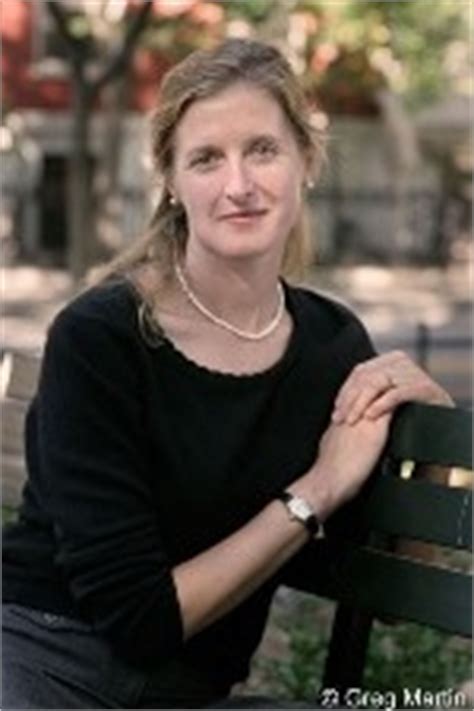A Quote by Juliet Marillier
As for religious faith, a lack of it shouldn't stop us from doing good deeds for their own sake.
Quote Topics
Related Quotes
The Daoist appeal to simplicity can be very appealing to the many of us who feel that contemporary life is overwhelming. "Less is more" can be a call to identify what it is we really need and appreciate doing for its own sake, as opposed to what we have been socialized into wanting, often to our detriment, or becoming consumed by activity that we would never do for its own sake but only for the sake of something else.
I do believe that nice religious people make the world safe for extremists by teaching us [...] that faith is a virtue, teaching us that there's something good about holding beliefs without any substantiating evidence. Once you buy into that, [...] then the door is opened to extremists who defend their extremism by saying, 'Oh well, it's my faith, you can't touch it, you can't criticise my faith, I don't even need to defend it because faith is faith.'
Mortifying the deeds of the body cannot be understood of the religious deeds of the body, for they are to be cherished, nor of the natural deeds of the body such as eating and drinking; but it refers to the sinful actions that are done by the body arising from the temptations and injections of Satan or the corrupt dictates of our own sinful heart.
My belief is that the various religious traditions have great potential to increase compassion, the sense of caring for one another, and the spirit of reconciliation. However, I believe that a human being, without religious faith, can be a very good person - sincere, a good heart, having a sense of concern for others - without belief in a particular religious faith.
Do not say that faith in Christ alone can save you, for this is not possible if you do not attain love for Him, which is demonstrated by deeds. As for mere faith: "The demons also believe and tremble" (James, 2:19). The action of love consists in heartfelt good deeds toward one's neighbor, magnanimity, patience, and sober use of things.
It's a good time to say "Oh" and take stock and say, "Gee, how was I ethically this year?" That's the problem with faith, Joe. What it does is it kind of screws up your priorities. Your priorities shouldn't be saving your own ass, which is the focus of Christianity. The focus should be, I'm a good person, and I do that just for the sake of being good. Like the Christmas song says, "Be good for goodness' sake."
Like Muslims we assume that God will judge us "on balance." If our good deeds outweigh our bad deeds, we will arrive safely in heaven. But, alas, if our evil deeds outweigh our good ones, we will suffer the wrath of God in hell. We may be "marred" by sin but in no wise devastated by it. We still have the ability to balance our sins with our own righteousness. This is the most monstrous lie of all.
In religious and in secular affairs, the more fervent beliefs attract followers. If you are a moderate in any respect - if you're a moderate on abortion, if you're a moderate on gun control, or if you're a moderate in your religious faith - it doesn't evolve into a crusade where you're either right or wrong, good or bad, with us or against us.
There is no such thing as pure good or pure evil, least of all in people. In the best of us there are thoughts or deeds that are wicked, and in the worst of us, at least some virtue. An adversary is not one who does loathsome acts for their own sake. He always has a reason that to him is justification. My cat eats mice. Does that make him bad? I don't think so, and the cat doesn't think so, but I would bet the mice have a different opinion.





































